Worlds End is 107 acres of rocky clay soil 40 miles west of Albany, New York.
Located on ancestral Mohawk land, we are first and foremost home to several artists, writers, craftspeople and gardeners. Together with visitors and students we manage a small-scale diversified homestead farm producing food, flowers, fiber and fuel.

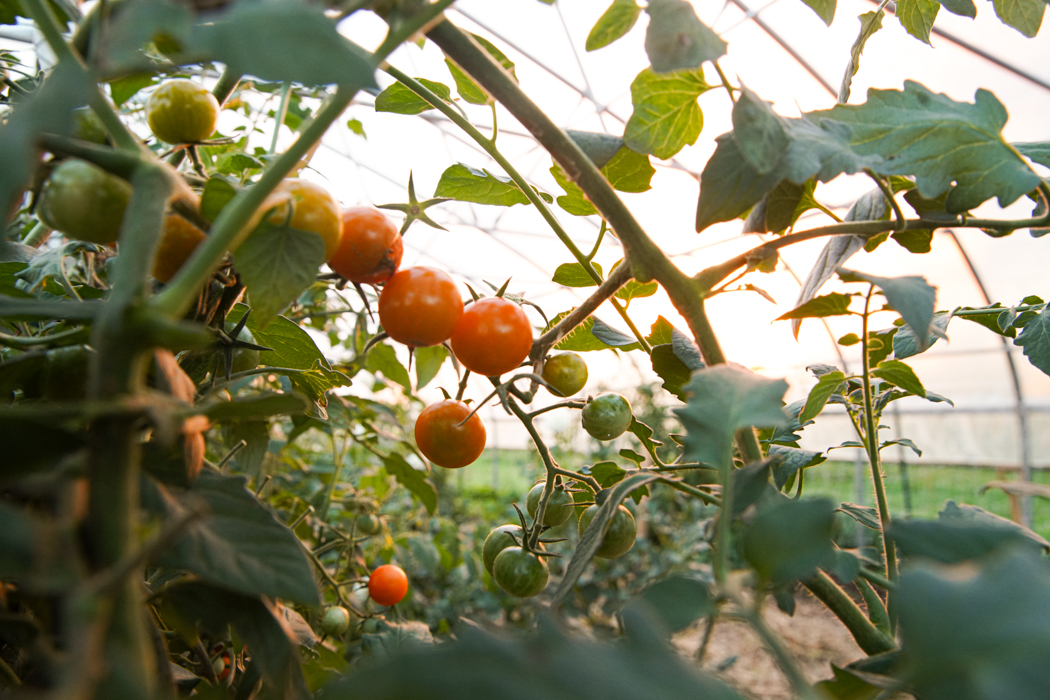










Visitors should arrive ready to view a living, fluid agricultural experiment.
Our goal is to make the land productive for the needs of those who live and work here with close attention to the non-human ecosystem. We grow vetetables, herbs and flowers over 3 outdoor gardens and a 25x75’ heated high tunnel. All of the food and flowers we grow are consumed onsite by residents, students and visitors or traded/gifted with our neighbors for items like milk and pork from High Meadow Farm.

We aspire to a balance between purposeful work and pleasure...
Prioritizing in this way results in an experience for visitors that is creative, and at times challenges the notion of what a farm ought to be. We hope that students will leave feeling inspired to make changes in their lives and work; whether that be cooking differently or making a leap away from corporate life and into land-based work...



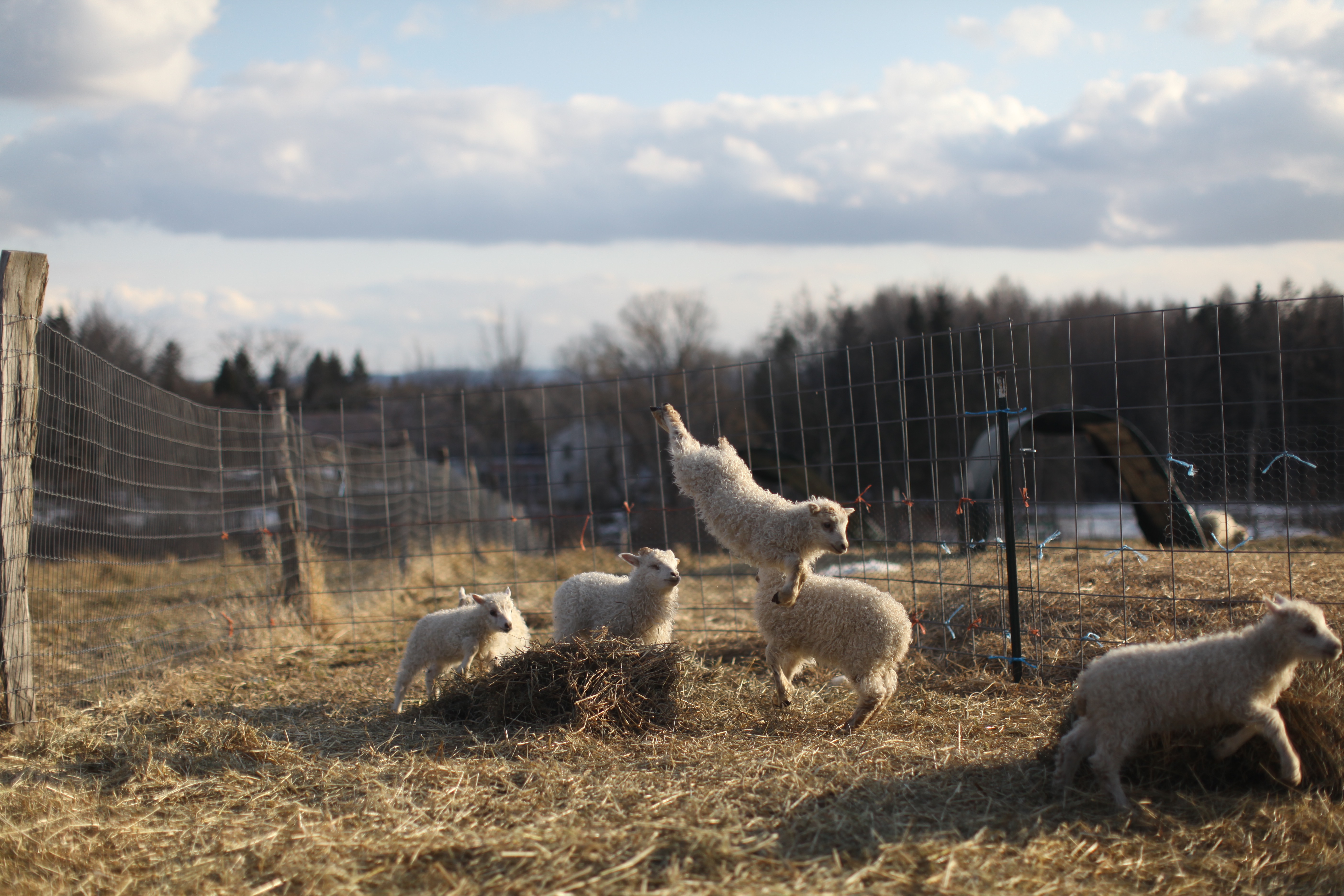
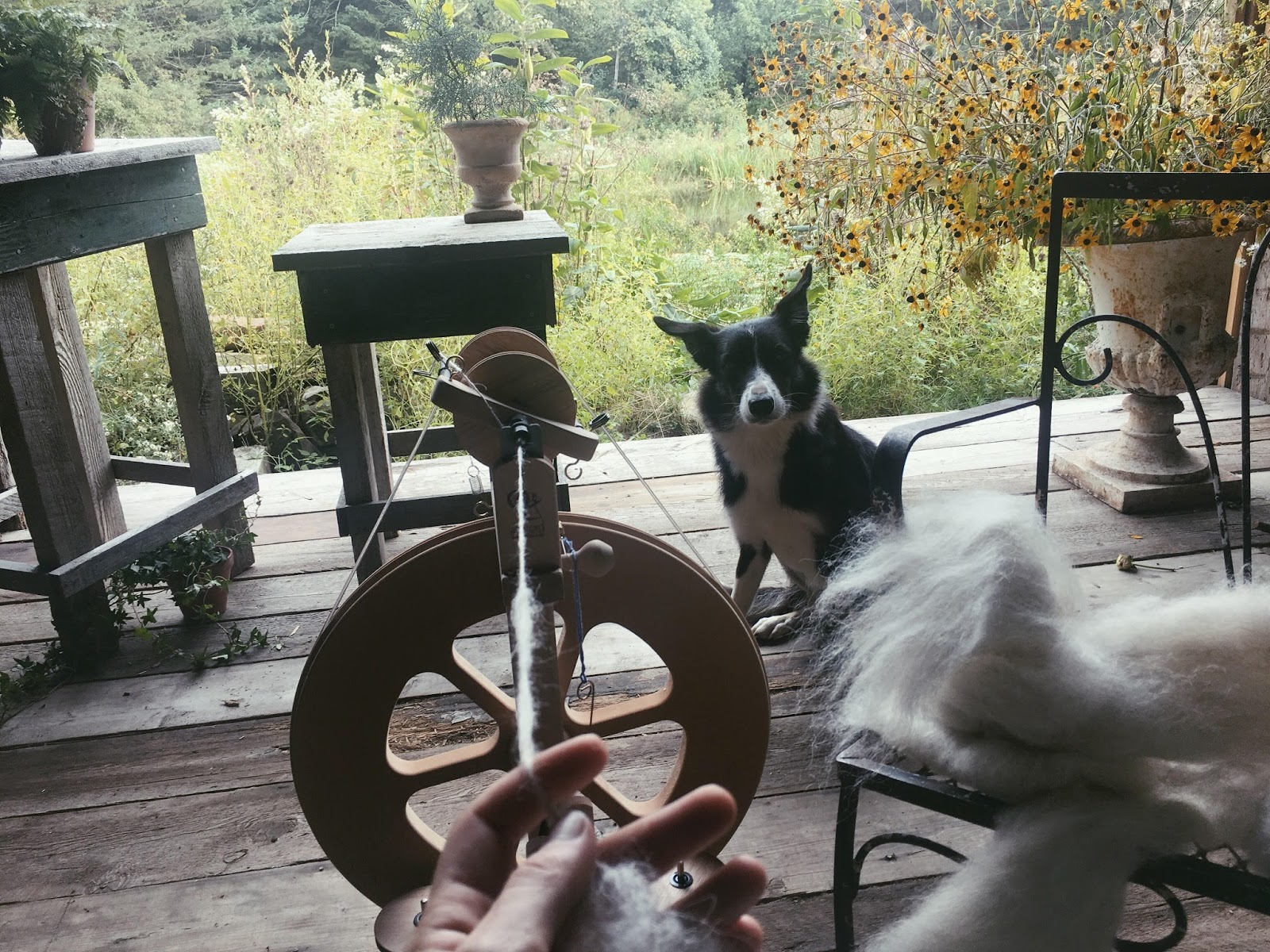
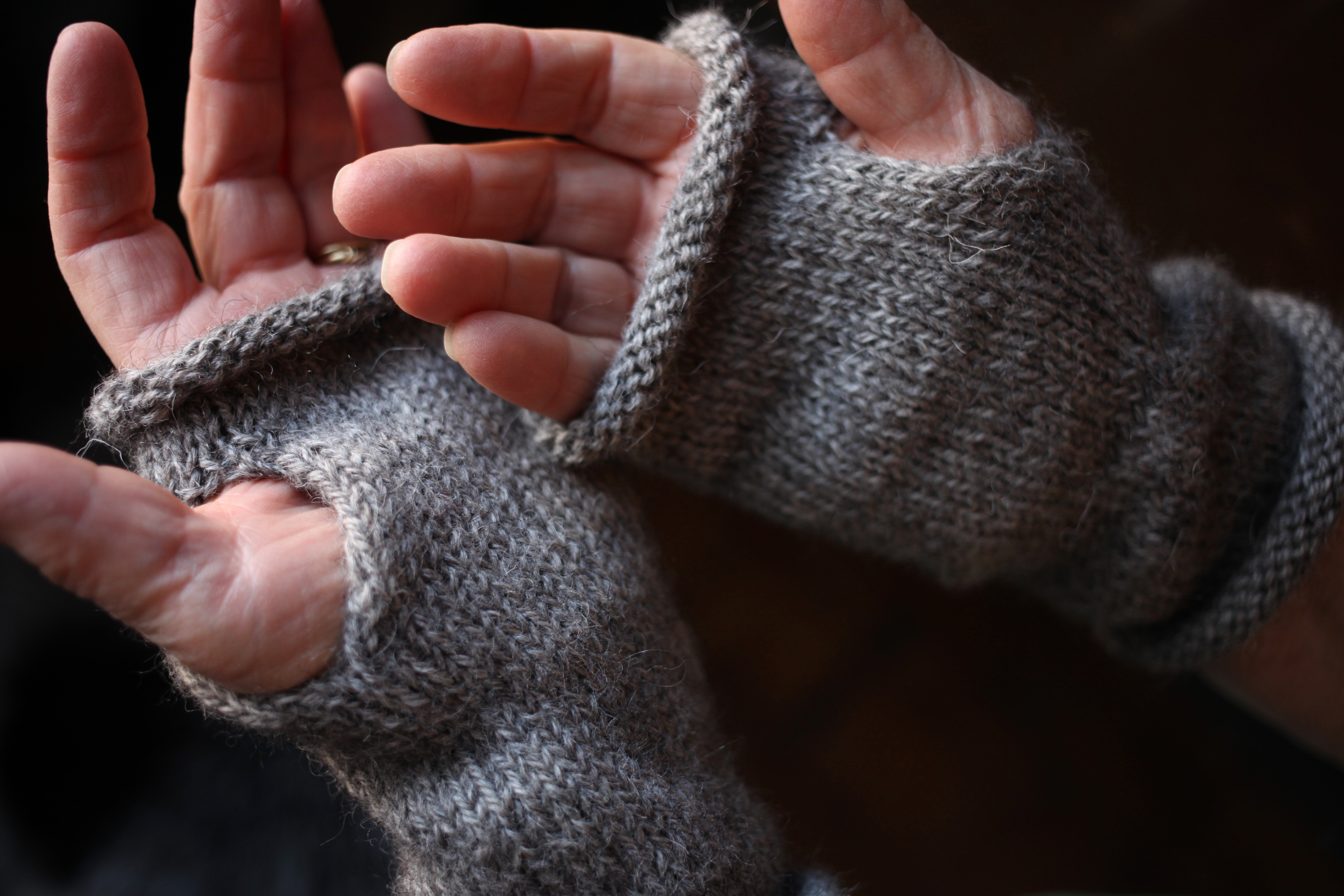

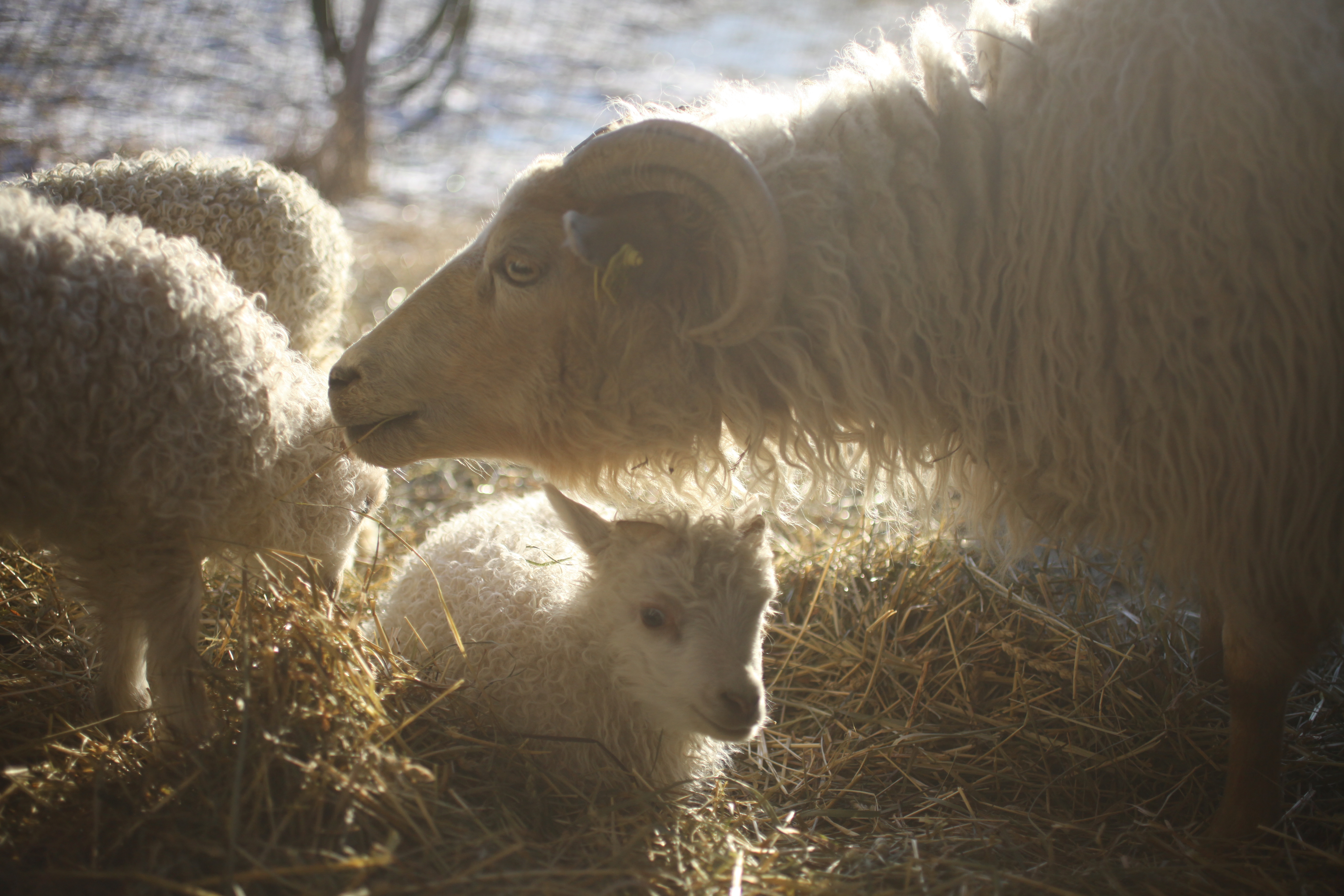

We raise purebred Icelandic sheep, primarily for wool...
There are three excellent aspects of Icelandic sheep; dual-coated colorful fleece highly sought after by fiber artists, milk with exceptional high fat content, (ideal for making cheese and yogurt), and fine boned delicate flavored lamb.
Icelandic sheep are rugged, beautiful and have good mothering skills. They are efficient ruminants and enjoy browsing (eating bushes, trees and shrubs). Traditionally pastured in summers on the rugged terrain of Iceland, this breed is instinctually thrifty and can thrive without supplemental grain.
The natural colors of the fleece range from white to tan to brown, grey and black. Some Icelandic sheep are spotted. Icelandics may be horned or polled (no horns). The ram lambs mature late enough in the fall that they do not generally need to be castrated, a management advantage over other sheep breeds.

Rotational grazing...
World’s End Farm has 20 acres of pasture, over which we rotationally graze 11-40 sheep through the spring, summer and fall. Using portable, electric net fencing we practice intensive rotational grazing, in which sheep are moved to a new square of pasture every 3.5 days. After 3 months, sheep may return to land grazed earlier in the season.
Intensive rotational grazing is healthy for the sheep and for the land. It allows the pasture to reach its maximum potential through the gentle mowing, distribution of manure, and hoof imprints of the flock. Moving sheep in this way improves pasture year after year and keeps intestinal parasites at bay so no deworming is needed.
With hundreds of acres of woods surrounding our pastures, the coyote pressure here is high. We run two livestock gaurdian dogs in with our sheep. These Maremmas (Donnie and Nola) live with the sheep 365 days a year and patrole the perimiter of the pastures at night barking and deterring coyotes, other predators (falcons, wolves) and also the passing rabbit and deer. These working dogs are friend to humans but often suspicious at first. It is best to always approach the sheep with a member of our team as they get to know you.

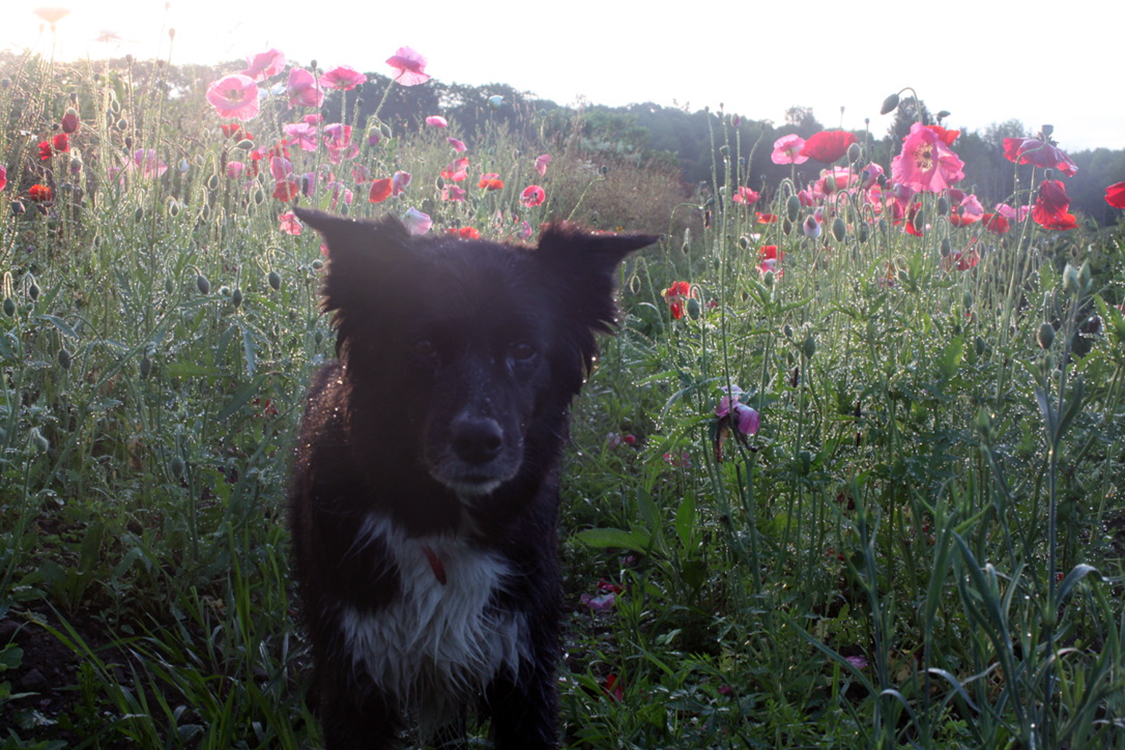
mail@worldsendschool.org | ︎
photos courtesy of Rinne Allen and Sarah Ryhanen